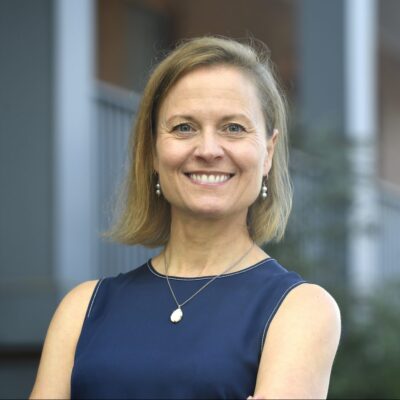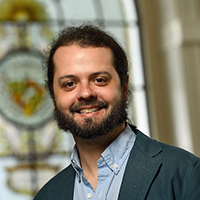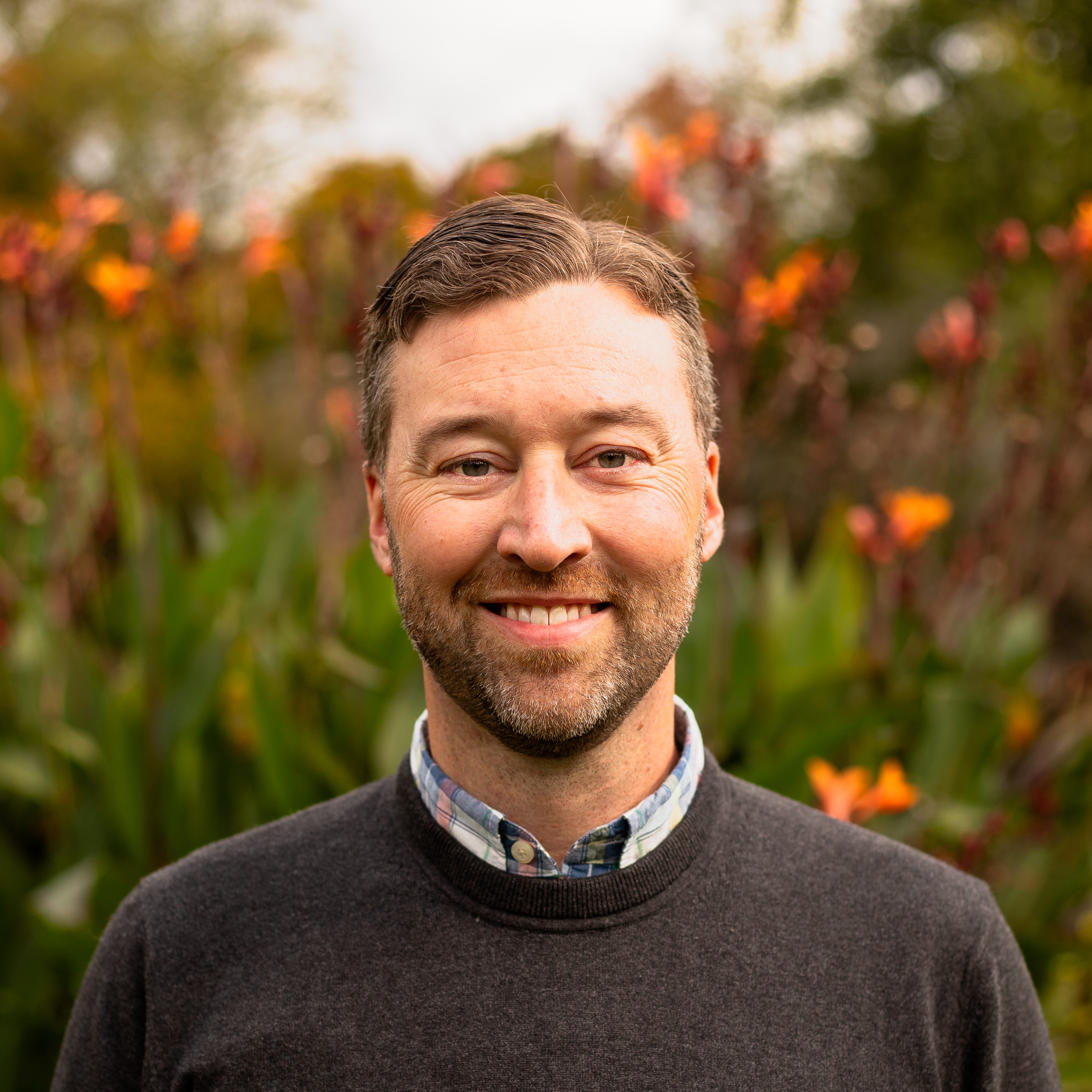
This workshop will engage postdocs, PhD students, and predocs in a discussion about teaching democracy in the classroom and incorporating civic mind-set and practices. We look forward to an exchange on curricular and pedagogical strategies that can be employed by current and future faculty.
Speaker Bios:
 Ashley Rogers Berner directs the Johns Hopkins Institute for Education Policy and is an associate professor of Education. She served previously as the deputy director of the CUNY Institute for Education Policy and as an administrator at the Institute for Advanced Studies in Culture, at the University of Virginia. She is the author of No One Way to School: Pluralism and American Public Education and the forthcoming Educational Pluralism and American Democracy: Exposure versus Indoctrination. Berner has published articles, book chapters, and op-eds on citizenship formation, academic outcomes, pluralism, and the political theories of education in different national contexts.
Ashley Rogers Berner directs the Johns Hopkins Institute for Education Policy and is an associate professor of Education. She served previously as the deputy director of the CUNY Institute for Education Policy and as an administrator at the Institute for Advanced Studies in Culture, at the University of Virginia. She is the author of No One Way to School: Pluralism and American Public Education and the forthcoming Educational Pluralism and American Democracy: Exposure versus Indoctrination. Berner has published articles, book chapters, and op-eds on citizenship formation, academic outcomes, pluralism, and the political theories of education in different national contexts.

Allon Brann is a Teacher Support Specialist at the Center for Teaching Excellence and Innovation at Johns Hopkins University. He conducts teacher training and professional development for graduate students and post-doctoral fellows as well as providing teaching career advising. He also teaches courses in modern U.S. history.

Chas. Phillips is Senior Lecturer in the Department of Political Science, where he studies and teaches political theory. His paradigm for both teaching and research is oriented around an interdisciplinary approach to political theory, in which theory influences and is influenced by other subfields, practices, disciplines, methods, and experiences. His research is centered around the intersection of global violence—the ways in which violence and vulnerabilities are coded, conditioned, obscured, and perpetuated at the local and global levels—and democratic theory—conceptualizations of practices that configure and refigure public life at multiple registers. His forthcoming book (Brutus’ Foresight: Reconciling the Modern U.S. Supreme Court with the Framers’ Intent, with Professor Scott Boddery) marries a politico-theoretical analysis of the Federalists, Anti-Federalists, and their inspirations with a quantitative analysis of the contemporary polarization of Supreme Court Justices. It proposes a resolution to alleviate the current judicial turmoil while adhering more closely with the overlapping theoretical views of the founders involved in the constitutional debate.
